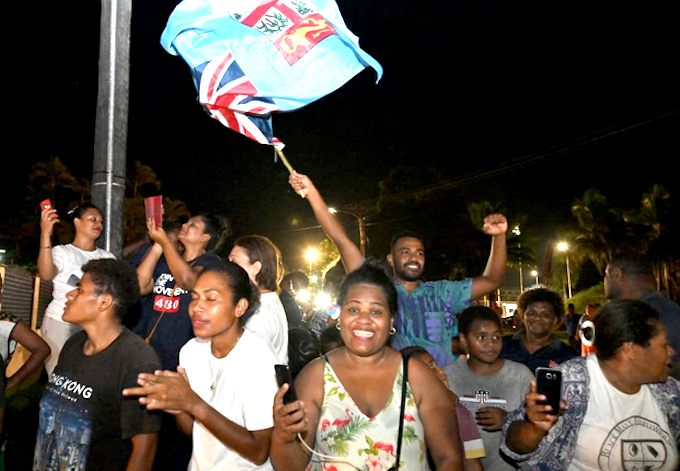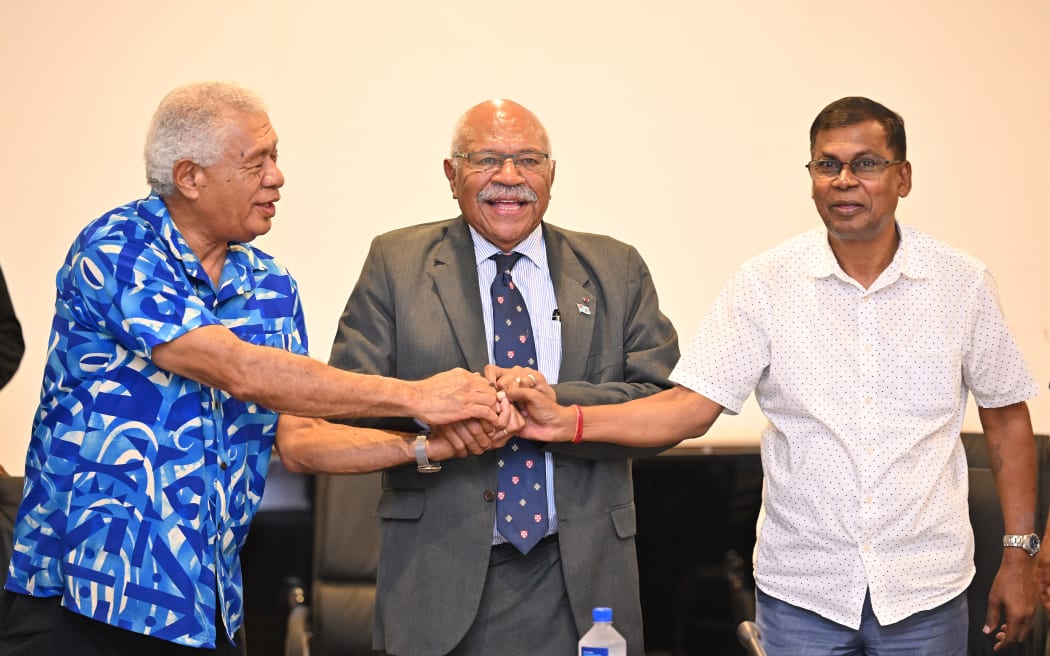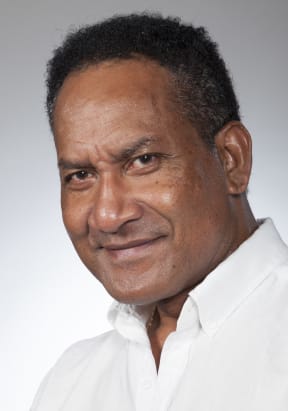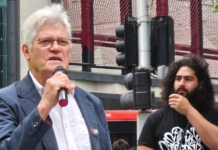
Many members of Auckland’s Fiji community say they are “delighted and relieved” by last week’s general election result.
Coup leader turned prime minister Voreqe Bainimarama seems set to lose his position after 16 years in office — eight years as dictator and the other half as elected prime minister.
An opposition coalition formed by the People’s Alliance, National Federation, and Sodelpa parties will replace FijiFirst as the country’s new government, led by another former coup leader Sitiveni Rabuka — now returning to the role as a democratically chosen leader.
- READ MORE: Reports of ‘anomalies’ in Sodelpa vote to go with opposition parties
- New chapter for Fiji – Rabuka to lead coalition
- Other Fiji elections reports
Yesterday was a day of celebration for some members of the local community — some of whom migrated to New Zealand because of Bainimarama’s leadership.
“The [previous government] was hopeless, I’ll tell you what,” said the owner of an Auckland shop.
“All sorts of media freedom, union movements, all these things were taken away. I hope the new government can bring back that freedom.”
‘We need democracy’
The new government gave him hope for Fiji’s future, the shop owner said.
“We need democracy to take its course, and I think this is the time,” he said.
“[The coalition] will make a good Cabinet and they will have a better way of running the government, a government that listens to the people.”
But others were more sceptical. An owner of a Fiji restaurant said the coalition had a lot to prove.
“Let’s see what happens, there are big promises being made,” he said. “A three-member coalition, that’s worrying for us, who’s going to be making those big decisions?”

‘True democracy’ opportunity
University of Canterbury sociologist Professor Steven Ratuva said the new leadership had an opportunity to bring back true democracy.
“Although we’ve had democratic elections, the style of leadership hasn’t been very democratic.
“It’s a great opportunity to see whether it’s possible to reconfigure the governance process towards a more democratic system.”
The excitement within the community was palpable, Ratuva said.

“It’s very significant,” he said. “Bainimarama’s government has been around since the coup in 2006. It’s a [statement] against his style of governance, which has been seen to be authoritarian and vindictive.”
The new coalition, however, was in a precarious spot just hours earlier.
Only 16 of Sodelpa’s 30-member management board voted for the alliance, splitting the party down the middle.
Internal disagreements resurfaced within Sodelpa, less than 24 hours after it announced it was forming a coalition government.
“It was very, very close,” Dr Ratuva said. “Which means that the faction in Sodelpa that supported FijiFirst, they’re probably not finished yet, they’re probably thinking up something.”
Dr Ratuva said the election was not a done deal, and more would be seen in the coming days.
When the election was finalised, he said, the real work would begin.
“The new coalition will have to do a lot of reform, in terms of reimagining and reframing the new governance process in Fiji for the future,” he said.
“It’s a coalition of three parties, they will have to draw together all those intellectual, political, professional resources to rebuild from there.
“We’ll see what happens in a year, but there’s a lot of promise.”
Ardern in ‘wait-and-see’ approach
Prime Minister Jacinda Ardern said she was taking a wait-and-see approach over the Fiji election, but the foreign minister had already congratulated the new government.
Ardern said she would wait until “the dust settled” before contacting Rabuka.
When asked whether the result could cause civil unrest, Ardern said she was not concerned and that New Zealand’s role was simply to observe and support Fiji.
Foreign Minister Nanaia Mahuta sent a tweet congratulating Rabuka on forming a coalition.
New Zealand looked forward to “working together to continue strengthening our warm relationship”, Mahuta said.
This article is republished under a community partnership agreement with RNZ.











































